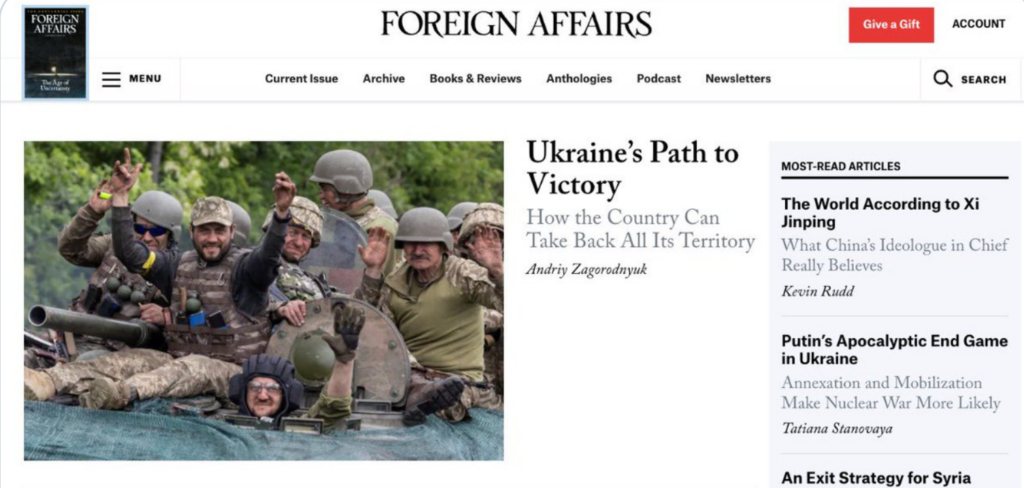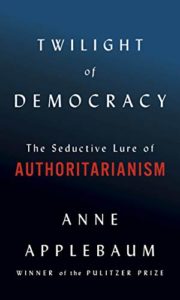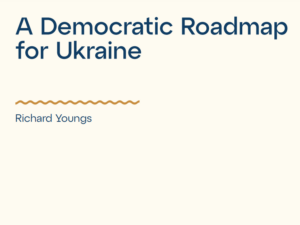
Russian leader Vladimir Putin’s war against Ukraine is also aimed at liberal democracy and the West’s way of life, according to German Chancellor Olaf Scholz.
“They consider their war against Ukraine to be part of a larger crusade,” Scholz said in a video address to a Berlin forum. “A crusade against liberal democracy, a crusade against the rules-based international order, a crusade against freedom and progress, a crusade against our way of life.”
He appealed for the West’s liberal democracies to show a united front against Russian aggression rather than “indulge in what Sigmund Freud once called ‘the narcissism of small differences’”.
 Yet Germany is still a “teenager” when it comes to foreign security policy, said Wolfgang Schmidt, Scholz’s chief of staff, asking for patience from western allies urging Europe’s largest economy to take a more proactive leadership in its support of Ukraine, the Guardian adds. Schmidt, who has rarely appeared in public since being appointed minister of special affairs last December, was speaking on a panel with the US historian and NED board member Anne Applebaum, at the summit of progressive politicians and thinktanks on Thursday.
Yet Germany is still a “teenager” when it comes to foreign security policy, said Wolfgang Schmidt, Scholz’s chief of staff, asking for patience from western allies urging Europe’s largest economy to take a more proactive leadership in its support of Ukraine, the Guardian adds. Schmidt, who has rarely appeared in public since being appointed minister of special affairs last December, was speaking on a panel with the US historian and NED board member Anne Applebaum, at the summit of progressive politicians and thinktanks on Thursday.
As analyst Nikolai Petrov noted before the invasion, Mr. Putin’s anti-Western rhetoric “has taken a firm hold in the hearts and minds of many Russian citizens,” who are in a “state of deep resentment towards the West” and believe that it has prevented Russia from regaining great-power status, the Washington Post adds:
Also reinforcing continuity are the powerful security and military structures that Mr. Putin has exploited and expanded for more than two decades. But key questions, impossible to answer now, surround the fallout a defeat in Ukraine would have: Would the military, humiliated and resentful, turn against the Kremlin power structure? Would the population at large?
For too long, the global democratic coalition supporting Kyiv has focused on what it should not do in the invasion of Ukraine. More than seven months into the war, the United States and Europe still lack a positive vision for Ukraine’s future, notes Andriy Zagorodnyuk, Chair of the Kyiv-based Centre for Defence Strategies.
 Some analysts fear in the event of defeat that the Russian Federation could disintegrate, leading to catastrophic consequences for the rest of the world, he writes for Foreign Affairs:
Some analysts fear in the event of defeat that the Russian Federation could disintegrate, leading to catastrophic consequences for the rest of the world, he writes for Foreign Affairs:
Many international leaders had similar fears when the Soviet Union collapsed, including former U.S. President George H. W. Bush, who traveled to Ukraine in 1991 to try to stop the country from seceding from Russia. But these leaders were wrong. Despite the war, Ukraine has become a symbol of democracy around the world. Many other post-Soviet states have grown far wealthier and freer since 1991. If Russia were weakened today, the net outcome would be similarly positive. Its reduced capabilities would make it harder for Moscow to threaten as many people as it does now.
If Putin departs office (voluntarily or not) with the war in Ukraine ongoing, his successor may elect to quit fighting, but the decision will not be easy or risk free, and this holds regardless of who replaces Putin, whether it is Medvedev, Sobyanin, or even Navalny, notes Shawn T. Cochran, a senior political scientist at the nonpartisan RAND Corporation. Given his responsibility for starting the war, Putin is highly susceptible to blame and punishment for how the war ends and is apt to keep fighting despite mounting costs and little hope of winning. But any new leader who inherits Putin’s war would not be immune to similar domestic pressures, he writes for War On The Rocks.







